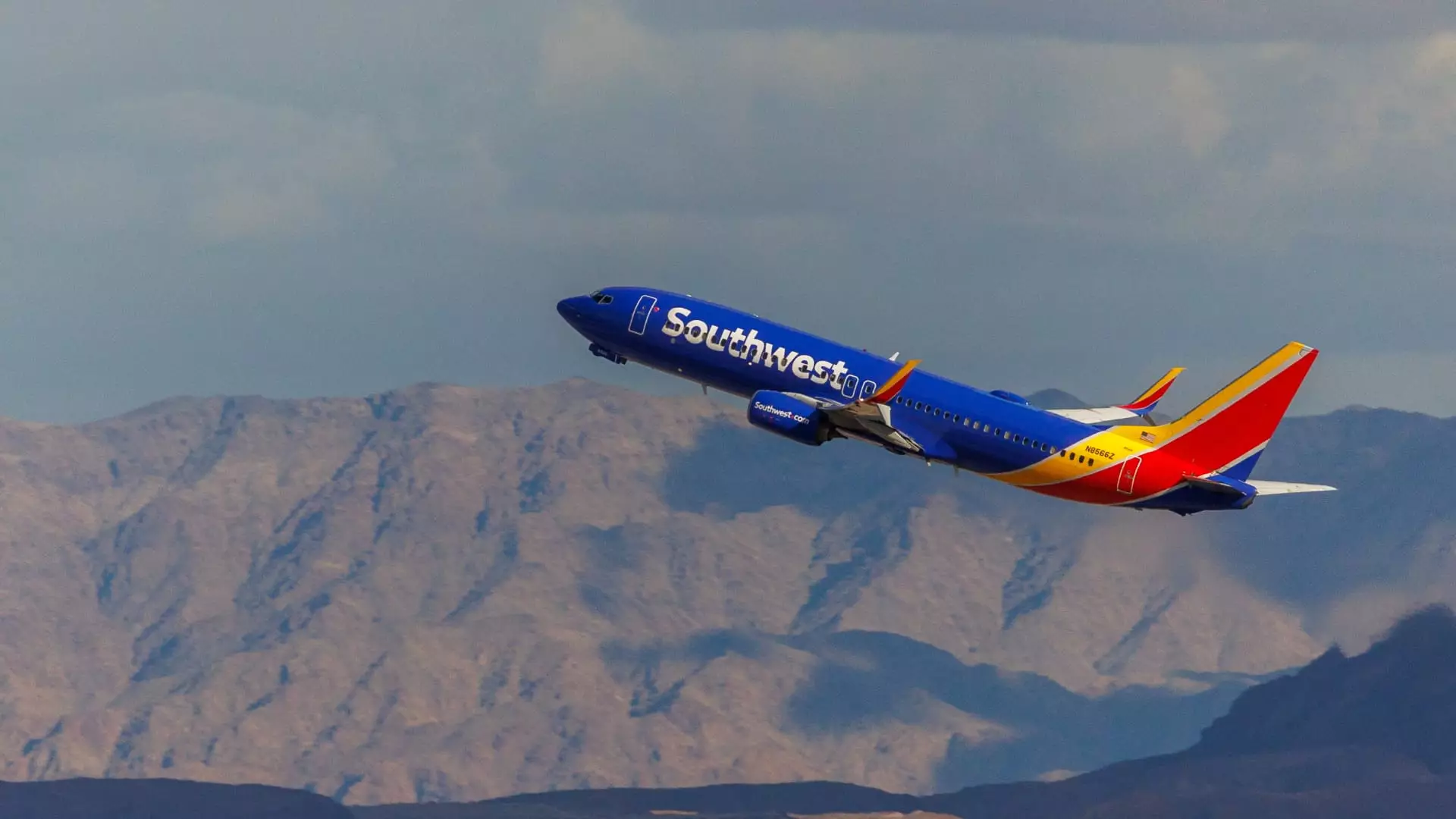Southwest Airlines has recently announced significant changes to its business model, which includes the discontinuation of open seating and the introduction of extra legroom seats on its aircraft. This marks a major shift in the carrier’s 53-year history and comes in response to mounting pressure to increase revenue.
The decision to implement these changes was driven by a need to adapt to evolving customer preferences and travel patterns. CEO Bob Jordan emphasized that Southwest’s open seating model, which has been a cornerstone of the airline since its inception, was identified as a key factor in customers choosing competitors over Southwest. Research conducted by the airline revealed that 80% of its customers prefer assigned seating over open seating.
Southwest’s move to end open seating and introduce extra legroom options reflects the carrier’s efforts to appeal to a wider range of customers, including corporate business travelers. The airline recognized the importance of accommodating travelers on longer flights who prioritize comfort and value assigned seating.
The decision to revamp its business model comes at a time when Southwest is facing pressure from activist investors, such as Elliott Investment Management, which disclosed a significant stake in the airline. While Southwest reported a decline in profit for the second quarter, the carrier remains committed to enhancing its offerings to drive revenue growth.
Southwest executives expect the introduction of seating assignments and extra legroom seats to generate substantial revenue, exceeding $1 billion annually. By leveraging these new product offerings, the airline aims to capture a larger share of the market and capitalize on changing consumer preferences in the industry.
The transition to assigned seating and extended legroom options will involve modifications to the cabin layouts of Southwest’s Boeing 737 aircraft. While the Federal Aviation Administration will need to approve these changes, the airline anticipates minimal capital expenditure due to the nature of the adjustments.
Analysts have critiqued Southwest for its delayed response in offering seating enhancements compared to rival carriers that have already implemented similar offerings, such as premium economy and extra legroom seats. Despite this, Southwest remains confident in the strategic direction it is taking to stay competitive in the evolving airline industry landscape.
As Southwest Airlines embarks on this transformative journey to redefine its business model, the airline aims to strike a balance between meeting customer expectations and driving revenue growth. By listening to customer feedback and adapting to changing market dynamics, Southwest is positioning itself for success in a highly competitive industry. The upcoming changes announced by the airline signal a new chapter in its storied history and a reaffirmation of its commitment to delivering exceptional service to passengers.

